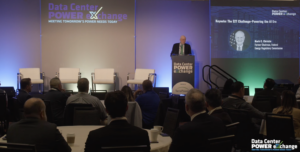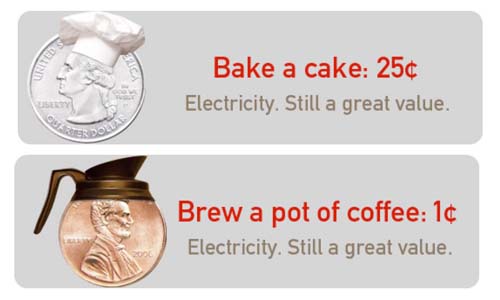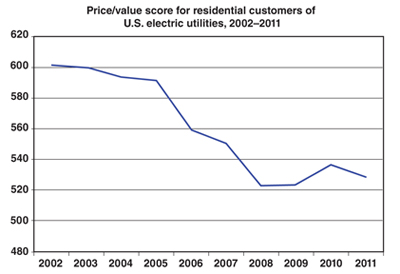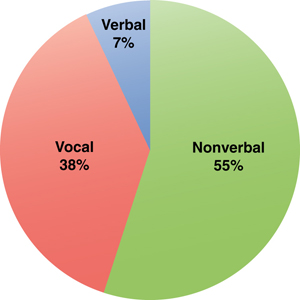How fast does your spam filter fill up? What about your personal message filter?
We are absolutely overwhelmed with messaging. Digital ads pop up during Internet searches. Direct mail pieces fill our mailbox. Robo-calls interrupt our dinner. Traditional TV ads shout at us. Newspapers and magazines carry forgettable ads. While driving, we listen to CDs to avoid commercials.
To continue functioning in our highly-messaged society, we build personal messaging filters, similar to corporate spam filters, to separate information we care about from information we don’t. We train our brain to perform information triage, focusing first on what’s most important to us—our family, our health, our job, our pets and our friends (maybe not always in that order). Then, only then, can we focus on the less vital issues of the day, like watching goofy videos on YouTube or taking out the trash.
Utility communicators and marketers report it is harder than ever to break through to customers. The other day, a colleague told me, “The economics of our offer is way beyond compelling, but we’re not getting customers to sign up.”
Successful marketing is an artful blend of “message” and “messenger,” like the Chinese yin-yang symbol. A terrific message can go unheard if delivered by the wrong messenger. The right messenger can only do so much with an ineffective message.
Why do some messages—a tiny fraction of the thousands we are sent every day—manage to get past our personal message filters and become embedded in our brain? More to the point, how can utility communicators make more of our messages stick with customers?
Immunity to Messaging
Consumer immunity to messaging is a big problem for utility communicators and marketers. Some utilities face regulatory mandates to lower customer energy usage. Others have aggressive program enrollment targets. Still others are led by people who believe it is simply good business to stay in touch with the people who pay their salary.
Is there a secret formula to effective messaging? Yes! Chip Heath and his brother Dan have done a lot of the hard work. Their book, Made to Stick is the best, most accessible resource on messaging today. Their acronym is SUCCES. Messages that stick with consumers are built on six principles:
- Simplicity
- Unexpectedness
- Concreteness
- Credibility
- Emotions
- Stories
Here I share two highly effective messages. The first was used by President Obama and his supporters on the campaign trail last year. “Osama is dead. GM is alive.”
The second was a six-word novel written by Ernest Hemingway, who knew a thing or two about effective use of language. “For sale: Baby shoes, never worn.”
Both make masterful use of the six principles laid out by the Heath brothers.
I agree that Osama Bin Laden and Ernest Hemingway have more cachet than electricity or natural gas. But it is not the intrinsic nature of the subject (Bin Laden, Hemmingway, electricity, natural gas) that makes a message sticky. Rather, as the Heath brothers demonstrate, sticky messages are all about creating a simple, emotionally-resonant story for your audience.
A previous post detailed how one utility communicator was able to reframe a high-bill customer call by acknowledging the customer may be paying too high an electric bill and then asking, “How much electricity do you buy?” That certainly fulfilled the “unexpected” principle laid out in Made to Stick.
Don’t be afraid to experiment. Developing messages is a craft that blends science and art. It takes time. One size doesn’t fit all—what works in Phoenix may not work in Philadelphia. But as utility communicators, crafting stickier messages is at the core of our “SUCCESS.”
—John Egan is the founder and president of Egan Energy Communications and a veteran electric utility communicator who contributes frequently to MANAGING POWER.









